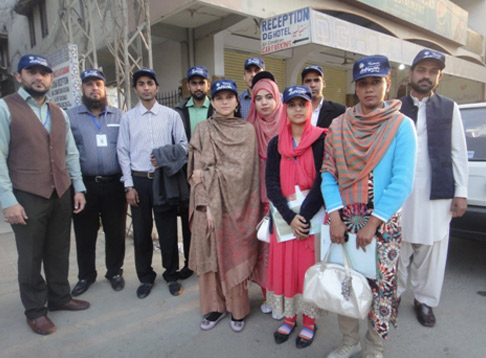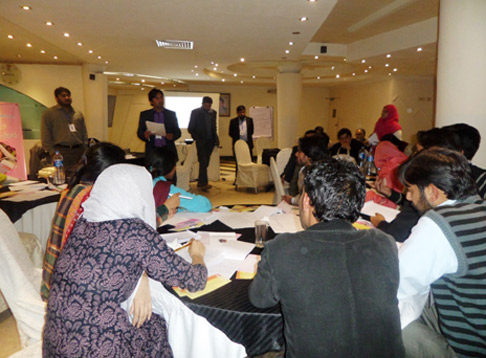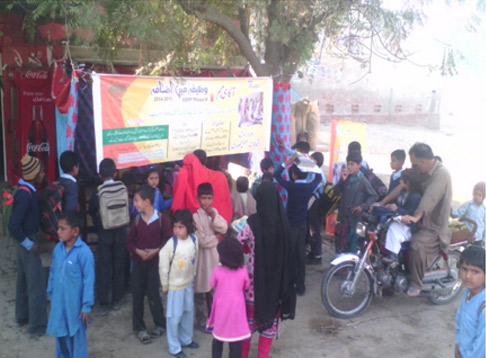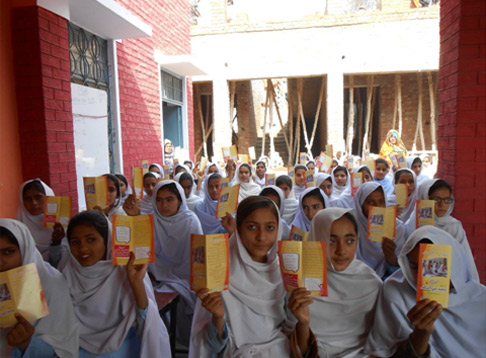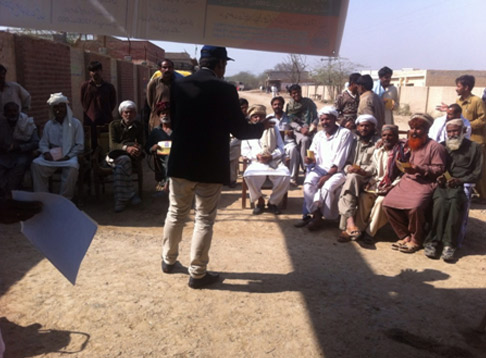The Supplemental Stipends Pilot Project (SSPP) in Punjab is a 3-year pilot, launched in April, 2013. For administrative reasons, SSPP has been rolled out in two phases:
i) Introduction of higher quarterly benefit payment for girls in grade 6 to 10 beginning from April, 2013 in 68 schools of two selected districts namely Kasur and Bhakkar.
ii) Introduction of higher quarterly benefit payment for girls in grade 6 to 10 plus progression-based incentives to girls in grade 8 to 10, beginning April, 2014 in 298 schools of six districts of Punjab namely; Dera Ghazi Khan, Layyah, Lodhran, Muzaffargarh, Rajanpur and Rahim Yar Khan.
SSPP Phase-II is a three-year pilot launched in 2014 in 18 tehsils of six districts with below average school participation rates of girls ages 11-15 years in rural areas of Punjab. In these 18 tehsils, girls in grades 6-10 in the selected rural government schools are offered a supplemental benefit amount, over and above Rs. 2,400 per year that they are currently receiving. SSPP-II also tests at least one additional new design feature, i.e. an additional stipend on progression to grades 9 and 10.
For cognizance of the key stakeholders about the increase the Awareness Campaign was organized from 7th to 24th February, 2015 with the objectives: a) to inform the Out of and/or In School girls about raise in the stipend amount; and b) to motivate community, parents, teachers and educational managers for continuation of girls’ education in schools.
During the campaign, briefings about the SSPP Phase II and short meetings were organized in which: 101 district officials including District Coordination Officer, District Monitoring Officers, Executive District Officer (Education) District Education Officer, Deputy District Education Officer, Assistant Education Officers and MEAs; 2518 teachers and head teachers; and 1787 School Council and other community members were briefed. 4933 people visited the community camps organized for the campaign. A radio programme was broadcast on FM Radio about the campaign. FAME deployed 84 persons for designing and conducting the Awareness Campaign.

